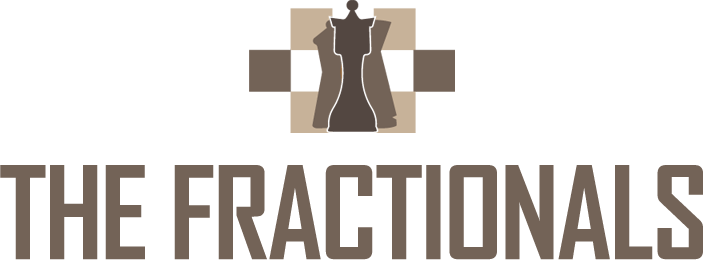In a small business environment, every hire can significantly impact the company’s trajectory. With small teams, each member’s role is pivotal, making the hiring process even more critical. However, conducting interviews in a small business setting requires a different approach compared to larger corporations. Here’s a comprehensive guide on how to interview potential employees effectively when you’re running a business with a small team.
- Define Your Needs Clearly: Before diving into the interview process, take the time to clearly define the role you’re hiring for. Identify the specific skills, experiences, and personality traits that would complement your existing team. In a small business, cultural fit and adaptability are often as crucial as technical skills.
- Craft Targeted Job Descriptions: Since you’re a small business, you may not have the brand recognition of larger companies. Therefore, your job descriptions should be concise yet compelling, highlighting the unique opportunities and challenges of working in a small team. Emphasize the opportunity for impact and growth, which can attract candidates looking for a dynamic work environment.
- Leverage Your Network: Utilize your personal and professional networks to source candidates. Referrals from trusted contacts can often yield high-quality candidates who are more likely to fit into your team’s culture and understand the demands of a small business environment.
- Screen Resumes Carefully: With limited resources, you can’t afford to waste time interviewing unsuitable candidates. Take a meticulous approach to resume screening, looking for candidates who not only meet the job requirements but also demonstrate a genuine interest in your business and its mission.
- Conduct Structured Interviews: Structure your interviews to ensure you cover all relevant areas, including skills, experience, cultural fit, and potential for growth. Prepare a set of standardized questions to ask each candidate, allowing for fair comparison. Additionally, incorporate situational or behavioral questions to assess how candidates would handle real-world challenges.
- Assess Cultural Fit: In a small team, every member plays a significant role in shaping the company’s culture. During the interview, evaluate how well candidates align with your company values, work ethic, and communication style. Look for individuals who demonstrate flexibility, adaptability, and a collaborative mindset.
- Evaluate Problem-Solving Skills: Small businesses often face unique challenges that require employees to think on their feet and find creative solutions. Incorporate scenario-based questions or case studies into your interviews to assess candidates’ problem-solving abilities and critical thinking skills.
- Consider Long-Term Potential: While immediate skills and experience are essential, prioritize candidates who show potential for long-term growth within your organization. Look for individuals who are eager to learn, take on new responsibilities, and contribute to the company’s success over time.
- Involve Your Team: In a small business, every hire impacts the entire team. Consider involving existing team members in the interview process to gather different perspectives and ensure alignment. Additionally, including team members in the hiring decision can foster a sense of ownership and engagement.
- Communicate Transparently: Finally, communicate openly and transparently with candidates throughout the interview process. Provide clear timelines, feedback, and expectations to ensure a positive candidate experience, regardless of the outcome. Even if a candidate isn’t the right fit for the current role, maintaining a positive relationship can lead to future opportunities or referrals.
Remember, in a small business, every hire is an investment in the company’s future, so approach the hiring process with care, diligence, and a focus on finding the right fit for your unique team and culture.
